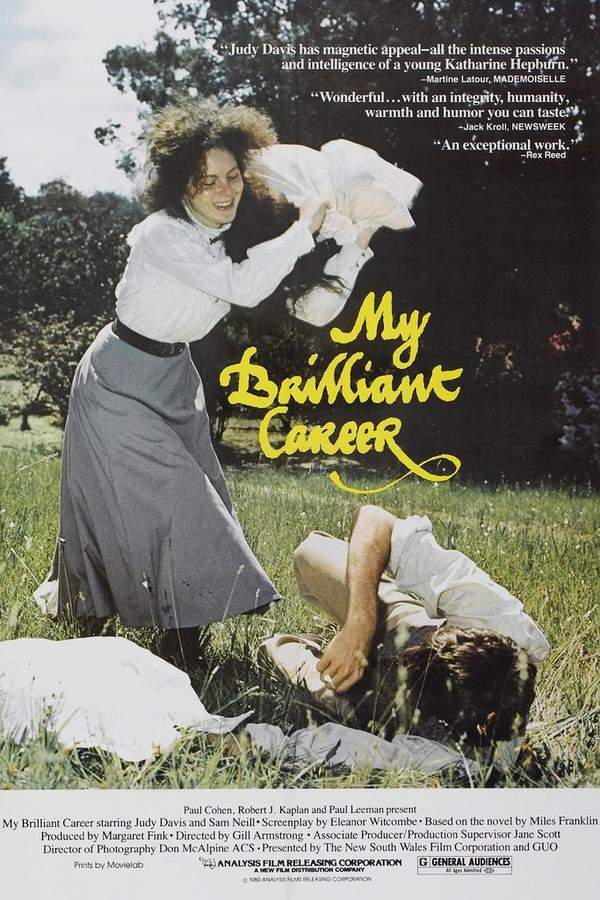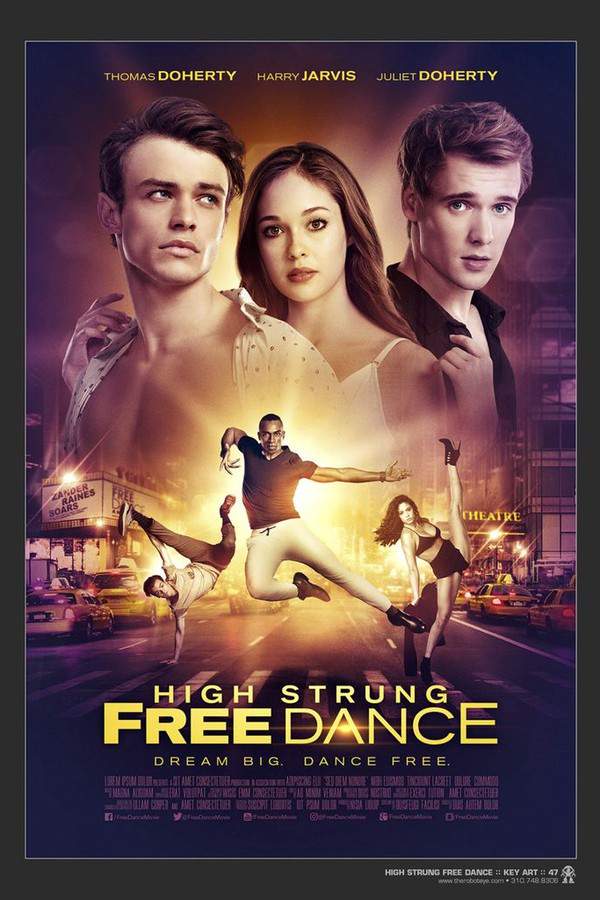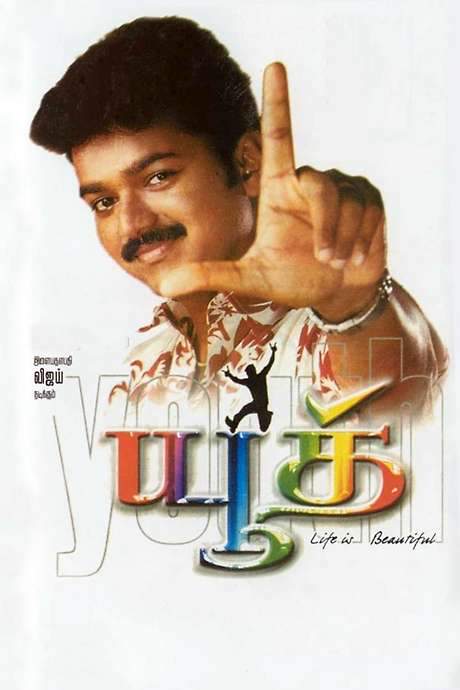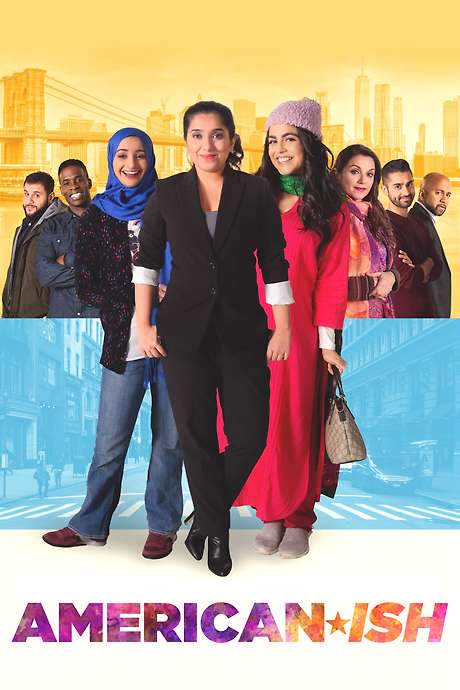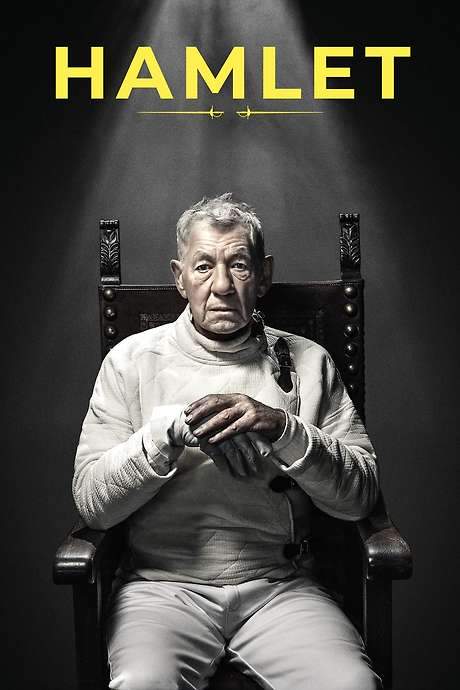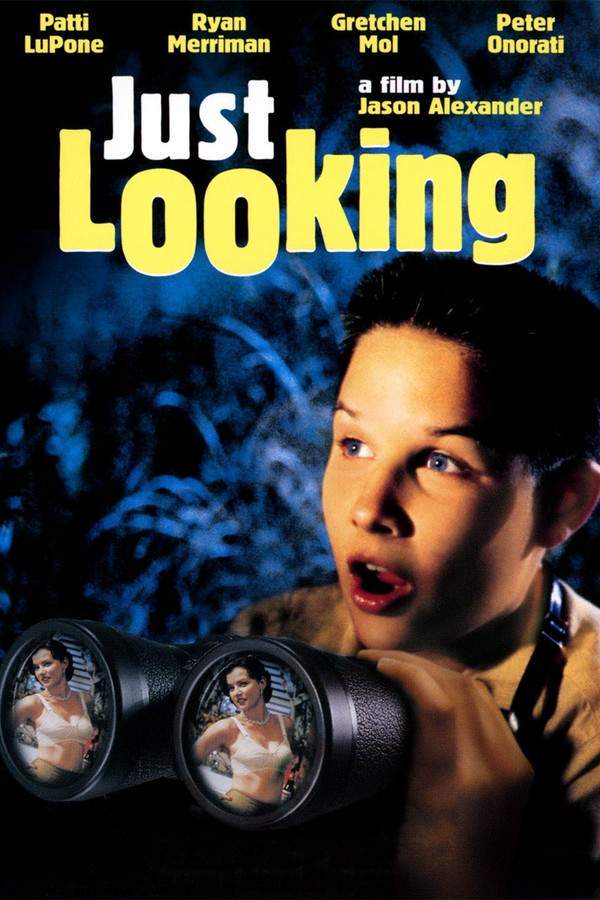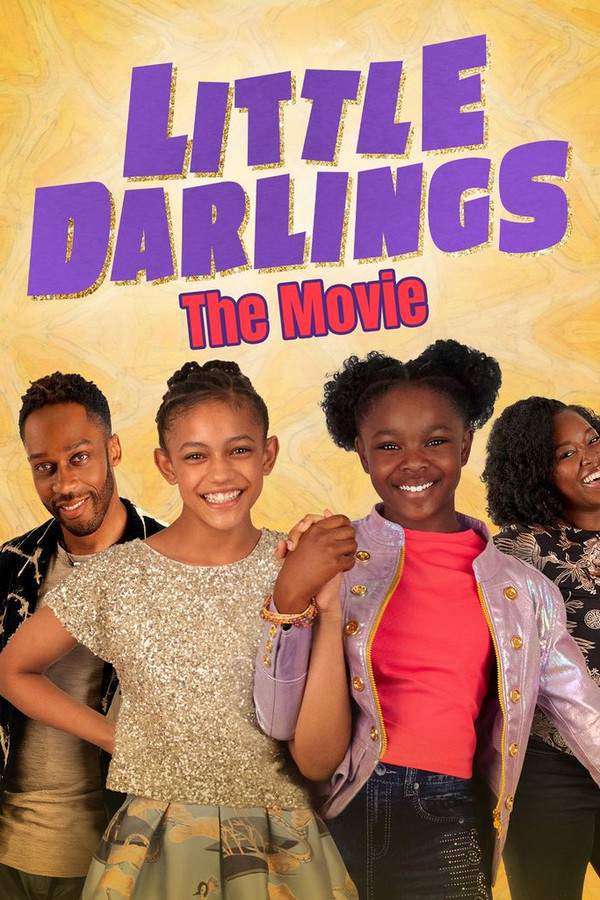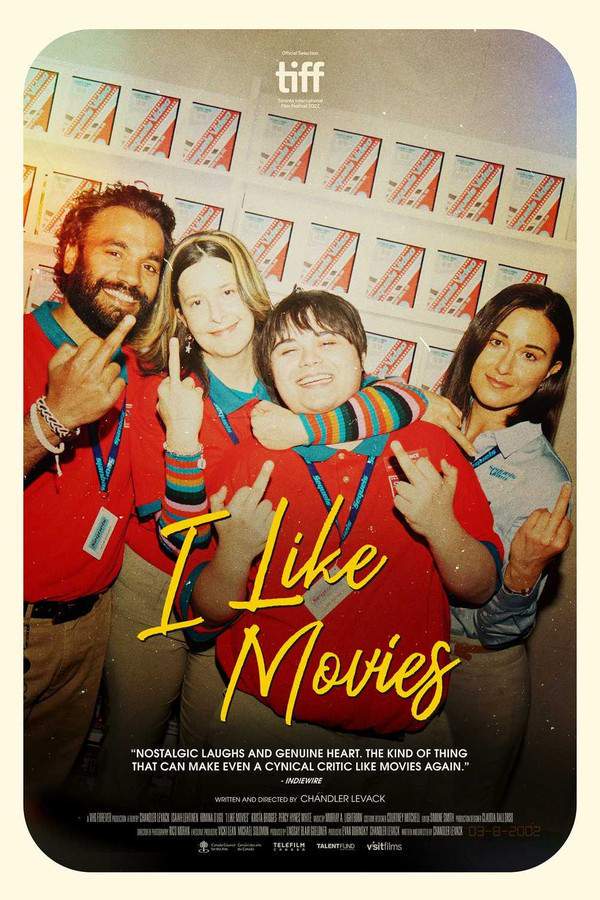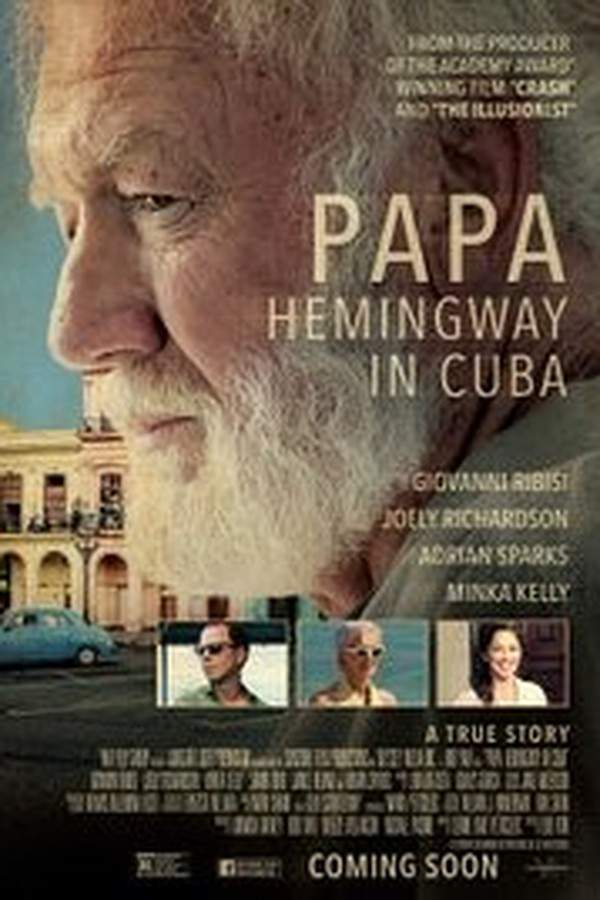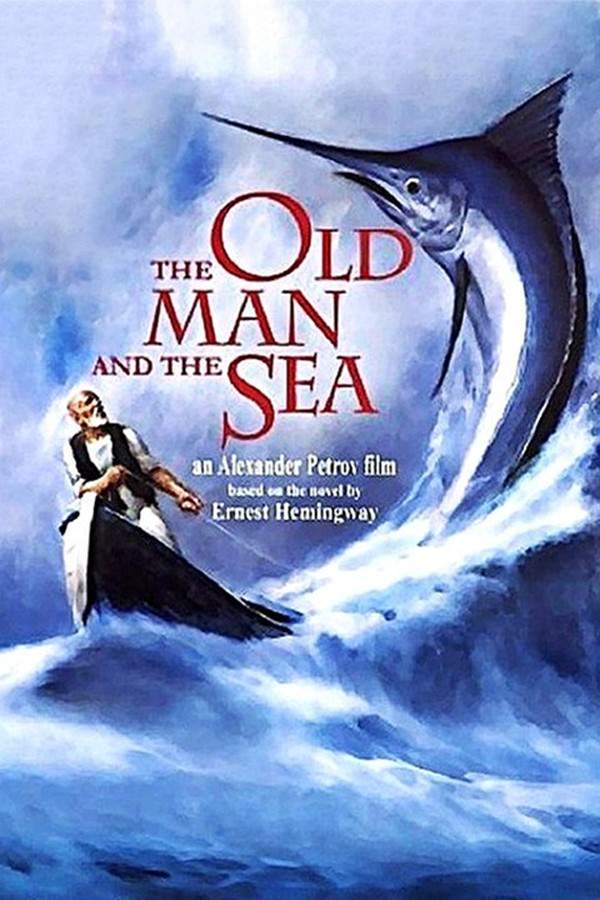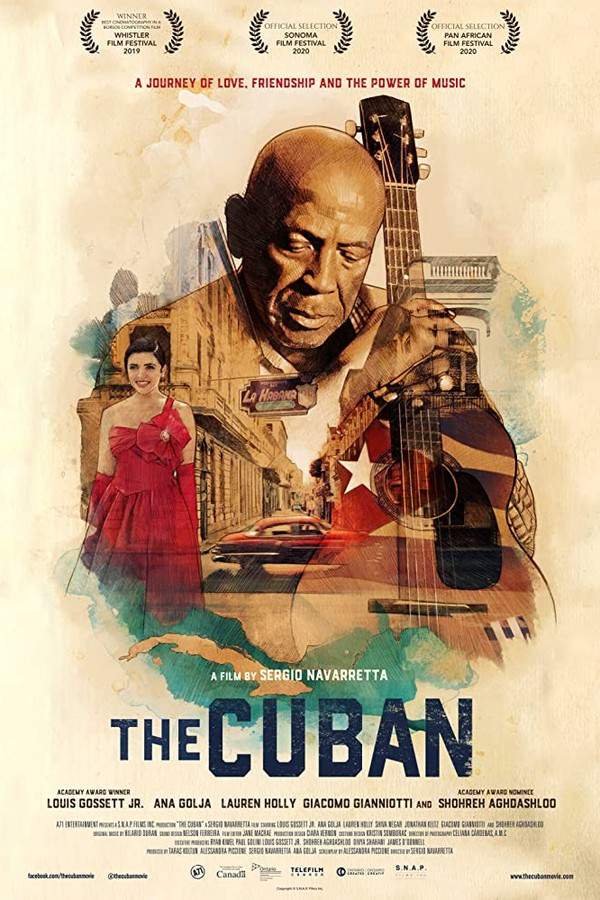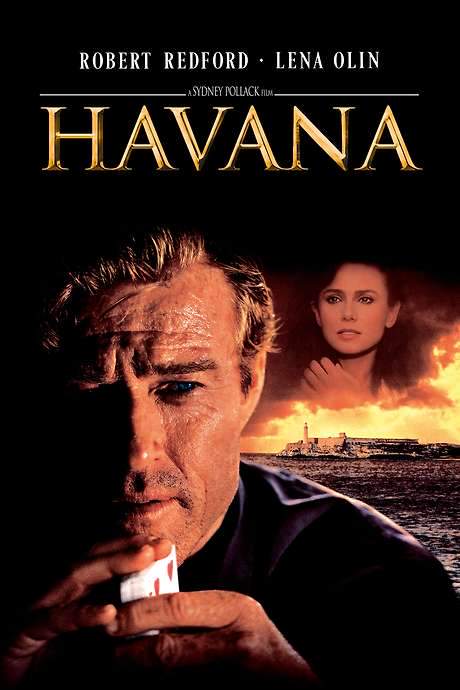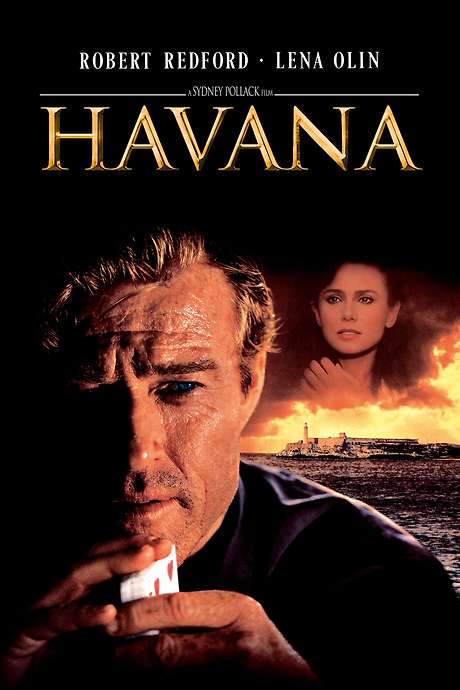
Hello Hemingway
Year: 1990
Runtime: 85 mins
Language: Spanish
Director: Fernando Pérez
The story, set in Havana during the final days of Fulgencio Batista’s dictatorship, follows a determined young woman who dreams of earning a scholarship to America. As she studies Ernest Hemingway’s “The Old Man and the Sea,” her struggle reflects the belief that a person may be destroyed but never truly defeated.
Warning: spoilers below!
Haven’t seen Hello Hemingway yet? This summary contains major spoilers. Bookmark the page, watch the movie, and come back for the full breakdown. If you're ready, scroll on and relive the story!
Hello Hemingway (1990) – Full Plot Summary & Ending Explained
Read the complete plot breakdown of Hello Hemingway (1990), including all key story events, major twists, and the ending explained in detail. Discover what really happened—and what it all means.
In 1956, Larita is a sixteen-year-old who shares a ramshackle home on the outskirts of Havana with her mother and her aunt’s family, a place where dreams feel both vivid and precarious. From their garden they can glimpse Ernest Hemingway’s white mansion, a constant reminder of a larger world beyond their daily struggles. Inside, she decorates the walls with posters of Elvis Presley and Tony Curtis, signaling a spark of personal ambition that clashes with a family mired in hard work and limited resources. In school, she shines in English, and a hopeful teacher’s suggestion that she enter a scholarship competition to study in the United States fills her with bright expectancy. She also quietly begins to date a classmate, Victor, a boy who is pushing to form a student association and who embodies the tension between youthful aspiration and the pull of everyday life.
A visit to a bookshop delivers a concrete dream when she is given a copy of The Old Man and the Sea. She devours the novel, drawing sharp parallels between Hemingway’s tale and her own family’s quiet sail through poverty, and she records her reflections in a diary that keeps her courage alive. At home, her relatives tease her for prioritizing study over the family’s meager needs, yet she remains resolute. Financial strain intensifies when she is sent home from school for not wearing the correct uniform, highlighting the social barriers that stand between her and opportunity. Still, she presses on: she passes the first round of scholarship exams and is invited to a reception for the finalists. With the care and resourcefulness of her relatives, she makes herself presentable, aided by sewing skills and her grandmother’s sacrifice—pawning treasured earrings to buy fabric.
The news of being shortlisted makes her tell Victor, which stirs tension because he feels left out and fears what a year apart might mean for their relationship. That night, the family’s principal breadwinner is abruptly fired from his job as a policeman, a blow that underscores how fragile their already fragile finances have become and how every potential opportunity is filtered through poverty.
At the scholarship interview, a new hurdle appears: her illegitimacy and the lack of strong social connections that would yield letters of recommendation threaten to derail her chances. In a moment of desperation, Larita resolves to seek a reference from Hemingway, only to discover he is away in Africa. This disappointment deepens her sense of injustice, and she bluntly blames her mother for the structural barriers that poverty and stigma impose on her future. When she pretends to be sick to skip school, her favorite teacher, Dr. Martinez, stops by to offer encouragement. In a moment of candid wisdom, he reminds her that her life is not wholly defined by shame or deprivation: > You’re not exactly living under a bridge.
As the school year progresses, student protests swell into a climactic push to boycott classes, and Victor is arrested as part of the upheaval surrounding the campus, presenting a stark picture of resistance under pressure. Yet amid the turmoil, Larita’s determination to pursue education persists, grounded in the quiet belief that a different life could be within reach.
Later that year, a practical turn arrives when Larita takes a job at a coffee bar, keeping pace with the uncertain rhythms of life in Havana while still holding onto the possibility of a scholarship abroad. Near Easter, a chance encounter with the scholarship administrator, who recognizes her, rekindles a flicker of hope. They exchange a brief, loaded exchange—mutual recognition without promises—ending with a simple, well-wishing note for the holiday. The film closes on a moment of cautious optimism, where personal ambition meets the stubborn resilience of a young woman navigating poverty, legitimacy, and the stubborn pull of a distant dream.
Last Updated: October 09, 2025 at 15:02
Explore Movie Threads
Discover curated groups of movies connected by mood, themes, and story style. Browse collections built around emotion, atmosphere, and narrative focus to easily find films that match what you feel like watching right now.
Movies about hopeful struggles like Hello Hemingway
Determined characters pursuing dreams in the face of societal hardship.If you liked the story of ambition in 1950s Cuba from Hello Hemingway, explore these movies about determined individuals pursuing their dreams against a difficult social or political landscape. These dramas capture a similar spirit of resilience.
Narrative Summary
The narrative follows a clear protagonist with a well-defined goal, often an educational or personal aspiration. The primary conflict arises from the surrounding oppressive or impoverished environment, testing the character's resolve without breaking their hopeful spirit.
Why These Movies?
They are grouped by their shared tone of hopeful perseverance within a challenging setting. The emotional journey is defined by a balance between the weight of external circumstances and the lightness of internal ambition.
Bittersweet period coming-of-age dramas like Hello Hemingway
Youthful stories where personal growth meets the end of an era.Fans of Hello Hemingway's portrayal of a young woman's life in 1950s Cuba will appreciate these other bittersweet coming-of-age stories set in distinct historical periods. These films blend personal growth with a sense of a world in transition.
Narrative Summary
A young character's formative experiences are interwoven with the socio-political climate of a specific time and place. The narrative is linear and personal, focusing on milestones of maturity that are tinged with the melancholy of a disappearing world, resulting in an ending that is neither fully happy nor sad.
Why These Movies?
They share a core combination of a youthful protagonist, a strong sense of period atmosphere, and a narrative that balances hopeful personal development with the bittersweet reality of historical change.
Unlock the Full Story of Hello Hemingway
Don't stop at just watching — explore Hello Hemingway in full detail. From the complete plot summary and scene-by-scene timeline to character breakdowns, thematic analysis, and a deep dive into the ending — every page helps you truly understand what Hello Hemingway is all about. Plus, discover what's next after the movie.
Hello Hemingway Timeline
Track the full timeline of Hello Hemingway with every major event arranged chronologically. Perfect for decoding non-linear storytelling, flashbacks, or parallel narratives with a clear scene-by-scene breakdown.

Characters, Settings & Themes in Hello Hemingway
Discover the characters, locations, and core themes that shape Hello Hemingway. Get insights into symbolic elements, setting significance, and deeper narrative meaning — ideal for thematic analysis and movie breakdowns.

Hello Hemingway Spoiler-Free Summary
Get a quick, spoiler-free overview of Hello Hemingway that covers the main plot points and key details without revealing any major twists or spoilers. Perfect for those who want to know what to expect before diving in.

More About Hello Hemingway
Visit What's After the Movie to explore more about Hello Hemingway: box office results, cast and crew info, production details, post-credit scenes, and external links — all in one place for movie fans and researchers.

Similar Movies to Hello Hemingway
Discover movies like Hello Hemingway that share similar genres, themes, and storytelling elements. Whether you’re drawn to the atmosphere, character arcs, or plot structure, these curated recommendations will help you explore more films you’ll love.
Explore More About Movie Hello Hemingway
Hello Hemingway (1990) Scene-by-Scene Movie Timeline
Hello Hemingway (1990) Movie Characters, Themes & Settings
Hello Hemingway (1990) Spoiler-Free Summary & Key Flow
Movies Like Hello Hemingway – Similar Titles You’ll Enjoy
Cuba (1979) Plot Summary & Ending Explained
Papa: Hemingway in Cuba (2016) Film Overview & Timeline
The Old Man and the Sea (1958) Full Movie Breakdown
The Cuban (2020) Movie Recap & Themes
The Cuban (2019) Detailed Story Recap
Dreaming of Julia (2003) Full Movie Breakdown
Habana Blues (2005) Movie Recap & Themes
Havana (1990) Full Movie Breakdown
Living Dangerously (1987) Film Overview & Timeline
Havana (1990) Story Summary & Characters
I Am Cuba (1964) Movie Recap & Themes
El brigadista (1978) Full Summary & Key Details
Memories of Underdevelopment (1968) Full Summary & Key Details
Hemingway’s Adventures of a Young Man (1962) Movie Recap & Themes
A Message to Garcia (1936) Ending Explained & Film Insights

